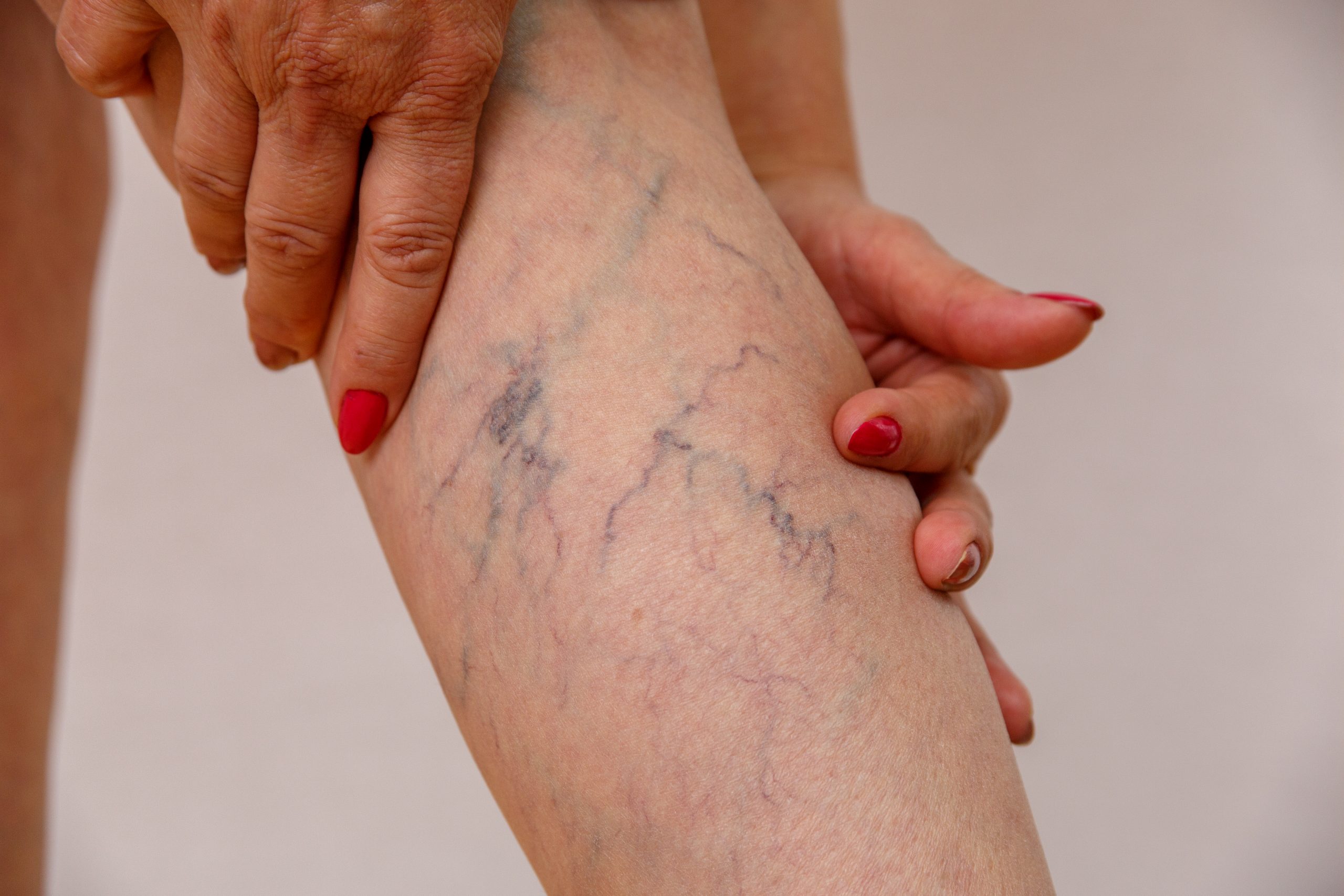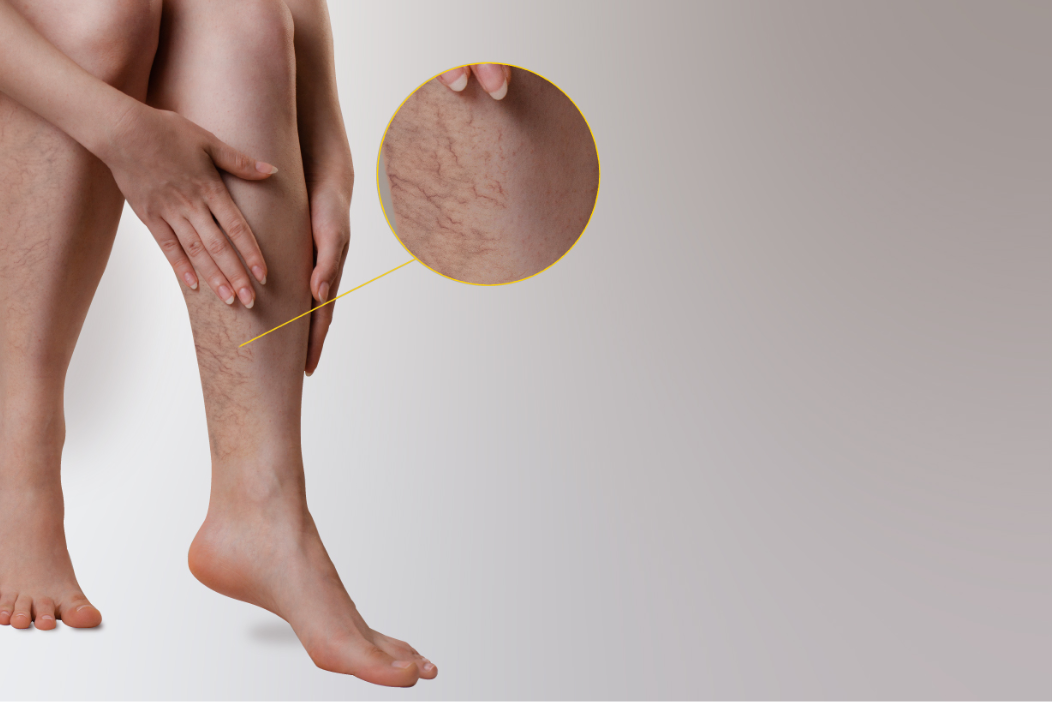What Does a Vein Clinic Do and What Is a Vein Doctor Called?
Vein clinics specialize in diagnosing and treating various venous disorders, a crucial yet often overlooked aspect of healthcare. From spider veins to more serious conditions like chronic venous insufficiency, vein clinics offer comprehensive care that can significantly improve patients' quality of life. In this article, we will explore what a vein clinic does and what a vein doctor is called, highlighting the benefits and processes involved in vein treatment.
Understanding Vein Disorders
Vein disorders affect millions of people worldwide, causing symptoms ranging from minor cosmetic concerns to severe health issues. Common vein disorders include varicose veins, spider veins, deep vein thrombosis (DVT), and chronic venous insufficiency.
Varicose Veins
Varicose veins are enlarged, twisted veins that often appear on the legs. They result from weakened valves and veins in the legs, leading to blood pooling instead of flowing back to the heart. This condition can cause pain, swelling, and a heavy feeling in the legs.

Spider Veins
Spider veins are smaller, red, purple, or blue veins that also appear on the legs and face. While usually harmless, they can be a cosmetic concern for many people.
Deep Vein Thrombosis (DVT)
DVT is a serious condition where a blood clot forms in a deep vein, usually in the legs. It can lead to life-threatening complications if the clot travels to the lungs, causing a pulmonary embolism.
Chronic Venous Insufficiency
Chronic venous insufficiency occurs when the veins in the legs fail to circulate blood back to the heart effectively. It can cause leg swelling, pain, and skin changes, significantly impacting daily activities.
What Does a Vein Clinic Do?
Vein clinics specialize in the diagnosis, treatment, and management of venous disorders. They offer a range of services tailored to individual needs, utilizing advanced technology and minimally invasive techniques to provide effective care.
Diagnosis and Assessment
The first step in vein treatment is a thorough diagnosis and assessment. At a vein clinic, this involves:
- Medical History and Physical Examination: The vein specialist will review your medical history and perform a physical examination to identify symptoms and risk factors.
- Duplex Ultrasound: This imaging test uses sound waves to create pictures of the veins and measure the blood flow. It helps in identifying the location and severity of vein problems.
Treatment Options
Vein clinics offer various treatment options depending on the type and severity of the vein disorder. These treatments are usually minimally invasive, providing effective results with minimal downtime.
Sclerotherapy
Sclerotherapy is a common treatment for spider veins and smaller varicose veins. It involves injecting a solution directly into the affected vein, causing it to collapse and fade away over time.

Endovenous Laser Treatment (EVLT)
EVLT is used to treat larger varicose veins. It involves inserting a laser fiber into the vein, which emits energy to close off the vein. The body then naturally redirects blood flow to healthier veins.
Radiofrequency Ablation (RFA)
RFA is similar to EVLT but uses radiofrequency energy to heat and close the affected vein. It is an effective treatment for varicose veins and chronic venous insufficiency.
Ambulatory Phlebectomy
Ambulatory phlebectomy is a procedure to remove larger varicose veins through small incisions in the skin. It is performed under local anesthesia and allows patients to return to normal activities quickly.
Compression Therapy
Compression therapy involves wearing specially designed stockings to improve blood flow in the legs. It is often used as a first-line treatment or in conjunction with other procedures to manage symptoms.
Post-Treatment Care
After treatment, vein clinics provide comprehensive post-treatment care to ensure optimal recovery and prevent recurrence. This may include:
- Follow-up Appointments: Regular check-ups to monitor the treatment progress and address any concerns.
- Lifestyle Recommendations: Advice on exercise, diet, and other lifestyle changes to improve vein health and prevent future problems.
- Compression Stockings: Continued use of compression stockings to support blood flow and reduce swelling.
What Is a Vein Doctor Called?
A vein what is a vein doctor called, also known as a phlebologist, is a medical specialist focused on diagnosing and treating venous disorders. Phlebologists come from various medical backgrounds, including dermatology, vascular surgery, and interventional radiology.
Phlebologist
A phlebologist is a physician specifically trained to diagnose and treat vein conditions. They use advanced techniques and minimally invasive procedures to manage vein disorders effectively.
Vascular Surgeon
Vascular surgeons are specialists in treating diseases of the vascular system, including arteries, veins, and lymphatic vessels. They perform surgical and non-surgical treatments for vein conditions, including complex cases that may require more extensive intervention.
Interventional Radiologist
Interventional radiologists use imaging techniques to diagnose and treat a variety of medical conditions, including vein disorders. They perform minimally invasive procedures guided by imaging technology to ensure precision and effectiveness.
Advantages of Visiting a Vein Clinic
Visiting a vein clinic offers numerous advantages for individuals suffering from vein disorders. These specialized clinics provide expert care, advanced treatments, and comprehensive support to improve vein health and overall well-being.
Expert Diagnosis and Treatment
Vein clinics are staffed by specialists with extensive training and experience in managing venous disorders. This expertise ensures accurate diagnosis and effective treatment, leading to better outcomes for patients.
Advanced Technology
Vein clinics utilize the latest technology and minimally invasive procedures to treat vein conditions. This approach reduces the risk of complications, minimizes discomfort, and promotes faster recovery compared to traditional surgical methods.
Personalized Care
At a vein clinic, patients receive personalized care tailored to their specific needs. Treatment plans are designed based on individual symptoms, medical history, and lifestyle factors, ensuring the most effective and appropriate care.
Improved Quality of Life
Treating vein disorders can significantly improve a patient's quality of life. Relief from symptoms such as pain, swelling, and fatigue allows individuals to engage in daily activities more comfortably and confidently.
Preventive Care
Vein clinics also emphasize preventive care, providing education and lifestyle recommendations to help patients maintain vein health and prevent future problems. This proactive approach promotes long-term wellness and reduces the risk of recurrence.
Conclusion
Vein clinics play a vital role in diagnosing, treating, and managing venous disorders, offering specialized care that can significantly improve patients' quality of life. By understanding what a vein clinic does and what a vein doctor is called, individuals can make informed decisions about their vein health and seek the expert care they need. Whether dealing with varicose veins, spider veins, or more serious conditions like chronic venous insufficiency, vein clinics provide comprehensive, advanced, and personalized treatments to ensure the best possible outcomes.
Comments
Post a Comment